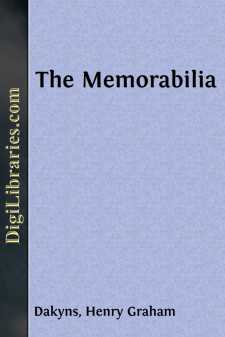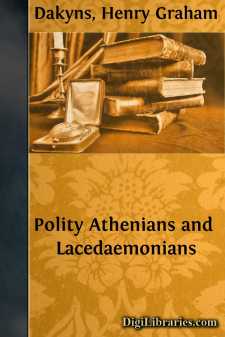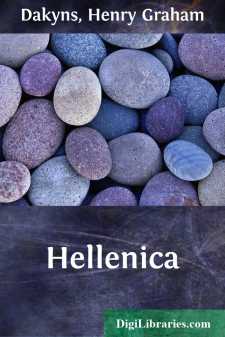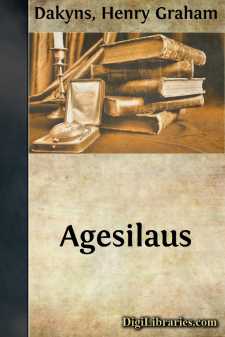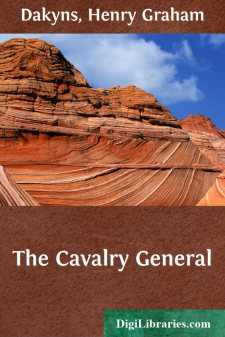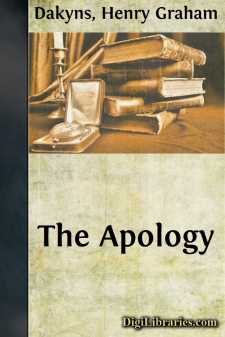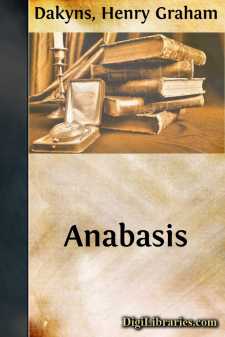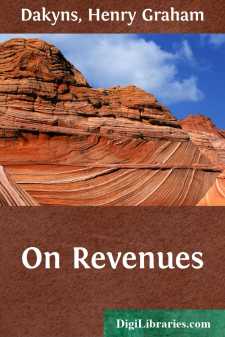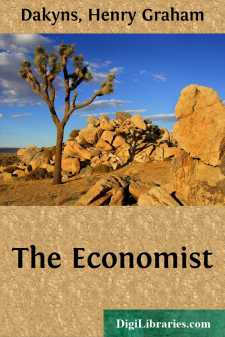Categories
- Antiques & Collectibles 13
- Architecture 36
- Art 48
- Bibles 22
- Biography & Autobiography 813
- Body, Mind & Spirit 142
- Business & Economics 28
- Children's Books 17
- Children's Fiction 14
- Computers 4
- Cooking 94
- Crafts & Hobbies 4
- Drama 346
- Education 46
- Family & Relationships 57
- Fiction 11829
- Games 19
- Gardening 17
- Health & Fitness 34
- History 1377
- House & Home 1
- Humor 147
- Juvenile Fiction 1873
- Juvenile Nonfiction 202
- Language Arts & Disciplines 88
- Law 16
- Literary Collections 686
- Literary Criticism 179
- Mathematics 13
- Medical 41
- Music 40
- Nature 179
- Non-Classifiable 1768
- Performing Arts 7
- Periodicals 1453
- Philosophy 64
- Photography 2
- Poetry 896
- Political Science 203
- Psychology 42
- Reference 154
- Religion 513
- Science 126
- Self-Help 84
- Social Science 81
- Sports & Recreation 34
- Study Aids 3
- Technology & Engineering 59
- Transportation 23
- Travel 463
- True Crime 29
The Memorabilia
Description:
Excerpt
BOOK I
II have often wondered by what arguments those who indicted (1) Socrates could have persuaded the Athenians that his life was justly forfeit to the state. The indictment was to this effect: "Socrates is guilty of crime in refusing to recognise the gods acknowledged by the state, and importing strange divinities of his own; he is further guilty of corrupting the young."
(1) {oi grapsamenoi} = Meletus (below, IV. iv. 4, viii. 4; "Apol." 11,
19), Anytus ("Apol." 29), and Lycon. See Plat. "Apol." II. v. 18;
Diog. Laert. II. v. (Socr.); M. Schanz, "Plat. Apol. mit deutschen
Kemmentar, Einleitung," S. 5 foll.
In the first place, what evidence did they produce that Socrates refused to recognise the gods acknowledged by the state? Was it that he did not sacrifice? or that he dispensed with divination? On the contrary, he was often to be seen engaged in sacrifice, at home or at the common altars of the state. Nor was his dependence on divination less manifest. Indeed that saying of his, "A divinity (2) gives me a sign," was on everybody's lips. So much so that, if I am not mistaken, it lay at the root of the imputation that he imported novel divinities; though there was no greater novelty in his case than in that of other believers in oracular help, who commonly rely on omens of all sorts: the flight or cry of birds, the utterances of man, chance meetings, (3) or a victim's entrails. Even according to the popular conception, it is not the mere fowl, it is not the chance individual one meets, who knows what things are profitable for a man, but it is the gods who vouchsafe by such instruments to signify the same. This was also the tenet of Socrates. Only, whereas men ordinarily speak of being turned aside, or urged onwards by birds, or other creatures encountered on the path, Socrates suited his language to his conviction. "The divinity," said he, "gives me a sign." Further, he would constantly advise his associates to do this, or beware of doing that, upon the authority of this same divine voice; and, as a matter of fact, those who listened to his warnings prospered, whilst he who turned a deaf ear to them repented afterwards. (4) Yet, it will be readily conceded, he would hardly desire to present himself to his everyday companions in the character of either knave or fool. Whereas he would have appeared to be both, supposing (5) the God-given revelations had but revealed his own proneness to deception. It is plain he would not have ventured on forecast at all, but for his belief that the words he spoke would in fact be verified. Then on whom, or what, was the assurance rooted, if not upon God? And if he had faith in the gods, how could he fail to recognise them?
(2) Or, "A divine something." See "Encyc. Brit." "Socrates." Dr. H.
Jackason; "The Daemon of Socrates," F. W. H. Myers; K. Joel, "Der
echte und der Xenophontische Sokrates," i. p. 70 foll.; cf.
Aristot. "M. M." 1182 a 10.
(3) See Aesch. "P. V." 487, {enodious te sombolous}, "and pathway
tokens," L....


